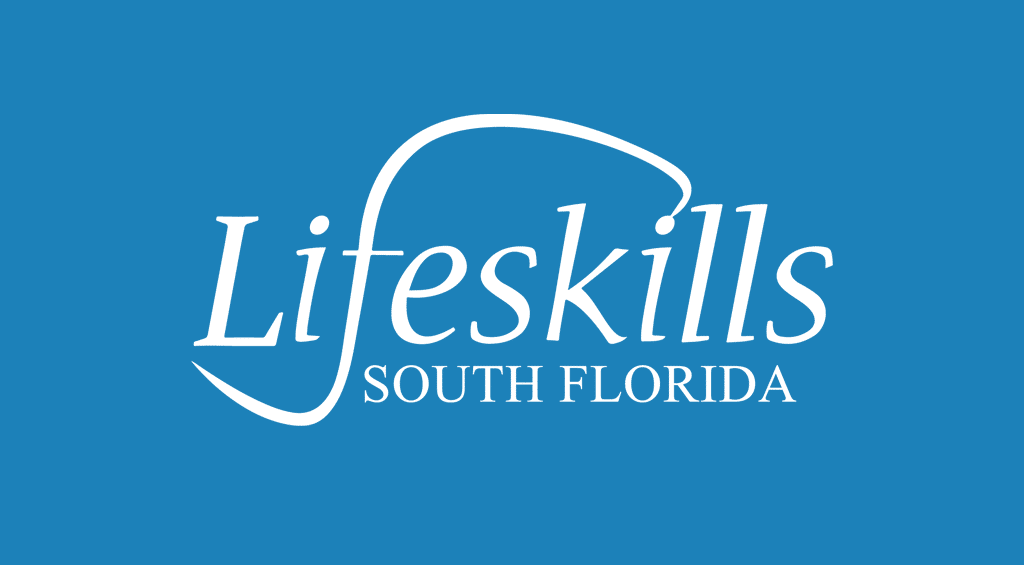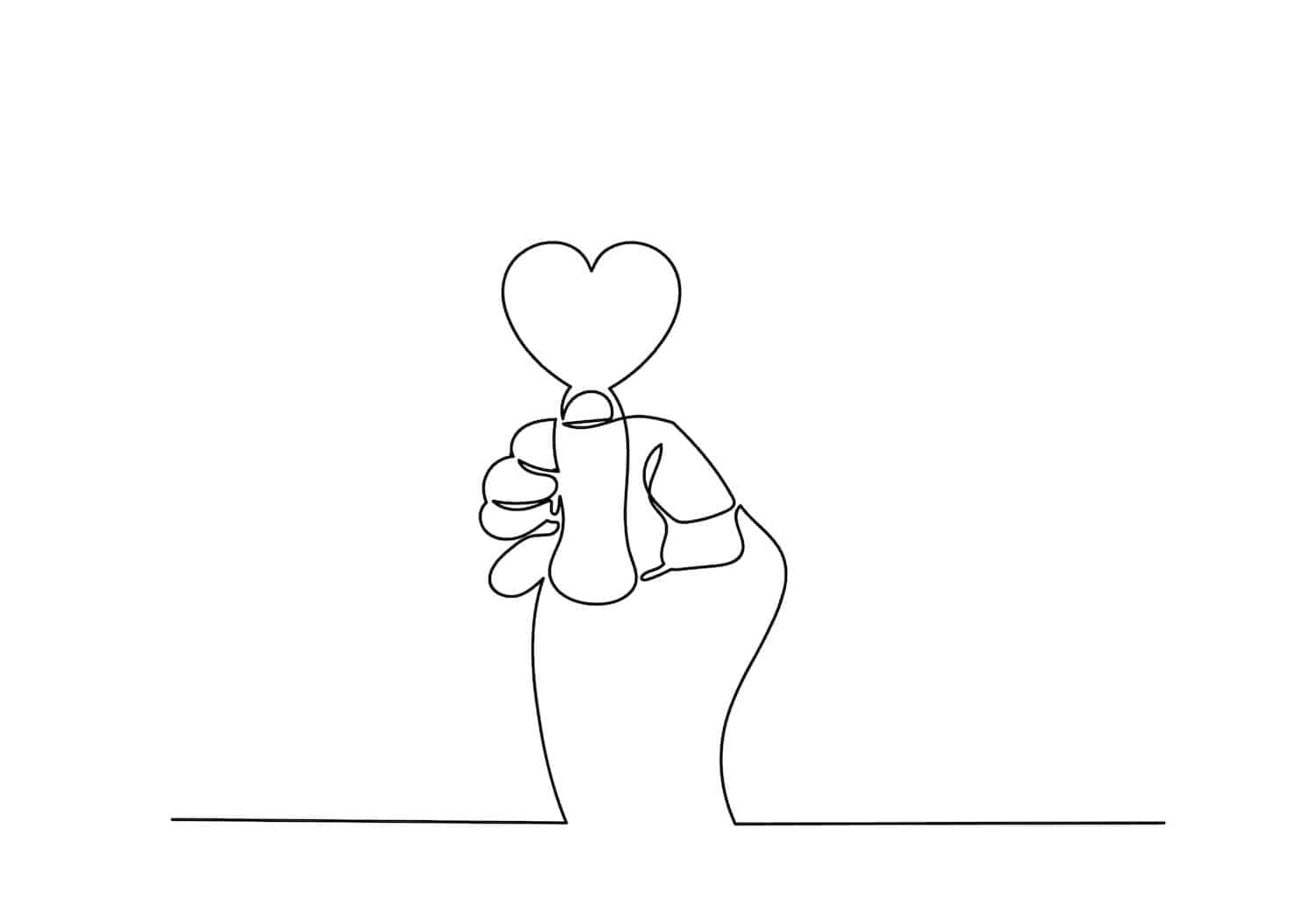Cultivating gratitude is an important part of recovery and gratitude is recognized as one of the foundational virtues in the creation of happiness. If individuals are grateful to be on the road to recovery, then it’s less likely they will relapse because they are empowered to move forward. A grateful attitude means they can face the challenges that are before them. Although issues may arise, they view it as a chance to grow rather than an obstacle. This positive way of thinking helps them reach their recovery goals.
Why Is Gratitude Important?
Positive thinking and a positive outlook can influence behavior and aid in leading a sustainable recovery-oriented life. Those suffering from substance abuse or addiction tend to show signs of depression, and are self-centered, only thinking of their own needs. With gratitude comes a less selfish attitude so they can focus their attention on others. Practicing gratitude in recovery helps people to become more optimistic, have more in control of their lives, and be less stressed.
According to Robert Emmons, Professor of Psychology at the University of California, Davis, “The practice of gratitude can have dramatic and lasting effects in a person’s life.” His study of gratitude states that practicing gratitude provides many benefits including:
Physical Benefits:
Stronger immune system
Reduced sensing of aches and pains
Lower blood pressure
Increased interest in exercise and self-care
Better, more restful sleep
Psychological Benefits:
Increased levels of positive emotions including feeling more alert and awake
Increased sense of joy and pleasure
Social Benefits:
Increased desire to be helpful, generous, and compassionate
Increased feelings of forgiveness
Increased interest in being extroverted
Reduced feelings of loneliness and isolation
Practicing gratitude in recovery not only affects the thoughts and behaviors of those suffering from addiction or dual diagnosis, but it also has profound implications on the way we interact with the world around us. Gratitude allows an individual to celebrate the present and be an active participant in their life.
Tips for Practicing Gratitude in Recovery
Provided below are tips for practicing gratitude in recovery:
Keep A Gratitude Journal: Recall moments of gratitude daily by recording one to three things which you are grateful for, including people, places, objects, moments, and successes. Journaling your gratitude moments will become a habit, and your mind will shift into a permanent way of being.
Focus On What’s Important: Concentrating on the people around you and your relationships is a key part of long-lasting happiness.
Appreciate the Small Things: Think about the things you take for granted and what life would be like without them. You will have a renewed appreciation for the people and things you do have in your life.
Share Your Appreciation: Think about those that have made an impact in your life and share your gratitude with them.
Give Back: Express your gratitude through volunteering. Once you feel your needs are met and you have a strong sense of gratitude, your capacity to give to others will increase.
Those suffering from addiction who enter a treatment program learn the importance of changing their perception of the world including practicing gratitude. Being grateful can motivate someone to take the actions needed to change their life. Practicing gratitude in recovery can help someone realize life’s difficulties can be faced with dignity. It’s a fundamental element in recovering from a drug or alcohol addiction.
At Lifeskills South Florida, we’re here for those seeking help with a drug or alcohol addiction. Entering treatment is the first step to recovery, and we focus on equipping clients with coping and self-care skills for reintegration back into life once out of treatment. Our holistic approach to treatment incorporates elements of mindfulness, meditation, yoga therapy, and integrated primary care, where we teach nutrition, meal planning, and cooking with a certified nutritionist. Our program goes above and beyond to empower individuals during their recovery.
If you or a loved one are suffering from an addiction, we’re here to help. Lifeskills is an accredited dual diagnosis treatment program near Ft. Lauderdale, Florida. To learn more, call us today at 833-484-1655 or fill out our contact form




